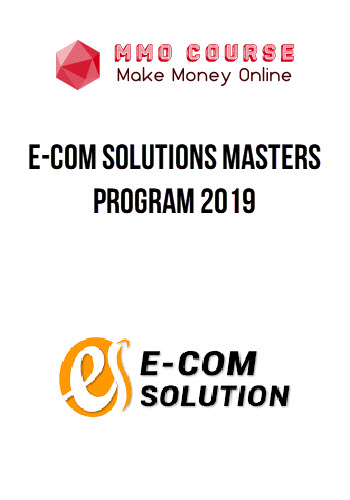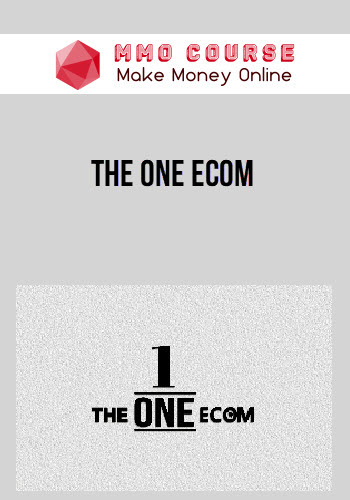Peter Fettke, Peter Loos – Reference Modeling for Business Systems Analysis
$95.00 $29.00
GB Status: This product will available in 7 days later after you pay.
Salepage: https://www.igi-global.com/book/reference-modeling-business-systems-analysis/864?f=e-book
Description
Peter Fettke, Peter Loos – Reference Modeling for Business Systems Analysis
Conceptual models play an increasingly important role in all phases of the information systems life cycle. Despite being vital for developing information systems, the modeling process is often resource consuming and faulty. Reference Modeling for Business Systems Analysis addresses the problems by covering methodological issues and reference models for several industries, as well as concepts and techniques introduced with concrete examples.
Reference Modeling for Business Systems Analysis covers all aspects of reference modeling, and provides foundations for model-driven systems development. This book helps to efficiently reuse conceptual models and explains best practice models for manufacturing, retail, and electronic business.
Table of Contents:
Chapter I
Perspectives on Reference Modeling ……….. 1
Section I: Reference Modeling Languages
Chapter II
Conigurable Reference Modeling Languages ……….. 22
Chapter III
Design Principles for Reference Modeling: Reusing Information Models by Means of Aggregation, Specialisation, Instantiation, and Analogy…….. 47
Section II: Reference Modeling Methods
Chapter IV
Process Model for an Empirically Grounded Reference Model Construction …… 77
Chapter V
Business Modeling in Process-Oriented Organizations for RUP-Based Software Development …….. 98
Chapter VI
Evaluation of Reference Models …….. 118
Chapter VII
Using Reference Models in Enterprise Architecture: An Example ………..141
Section III: Reference Models
Chapter VIII
A Reference Model for Industrial Enterprises ……… 167
Chapter IX
A Reference Model for Retail Enterprises …………….182
Chapter X
A Reference Model for Saving Banks …………………..206
Chapter XI
A Reference Model for Strategic Supply Network Development …….. 217
Chapter XII
E-Business Reference Models ………… 241
Chapter XIII
Evaluation of Selected Enterprise Models ………. 266
Section IV: Reference Modeling Context
Chapter XIV
Reference Model Management ……………. 288
Chapter XV
Coniguration Management for Reference Models …………… 310
Chapter XVI
Interchange Formats for Reference Models …………………… 337
Chapter XVII
Lessons Learned in Reference Modeling ……………………… 355
Sale page: Peter Fettke, Peter Loos – Reference Modeling for Business Systems Analysis
Find out more Business & Marketing Courses
Delivery Policy
When will I receive my course?
You will receive a link to download your course immediately or within 1 to 21 days. It depends on the product you buy, so please read the short description of the product carefully before making a purchase.
How is my course delivered?
We share courses through Google Drive, so once your order is complete, you'll receive an invitation to view the course in your email.
To avoid any delay in delivery, please provide a Google mail and enter your email address correctly in the Checkout Page.
In case you submit a wrong email address, please contact us to resend the course to the correct email.
How do I check status of my order?
Please log in to MMOCourse account then go to Order Page. You will find all your orders includes number, date, status and total price.
If the status is Processing: Your course is being uploaded. Please be patient and wait for us to complete your order. If your order has multiple courses and one of them has not been updated with the download link, the status of the order is also Processing.
If the status is Completed: Your course is ready for immediate download. Click "VIEW" to view details and download the course.
Where can I find my course?
Once your order is complete, a link to download the course will automatically be sent to your email.
You can also get the download link by logging into your mmocourse.hk account then going to Downloads Page.
Related products
Total sold: 3










